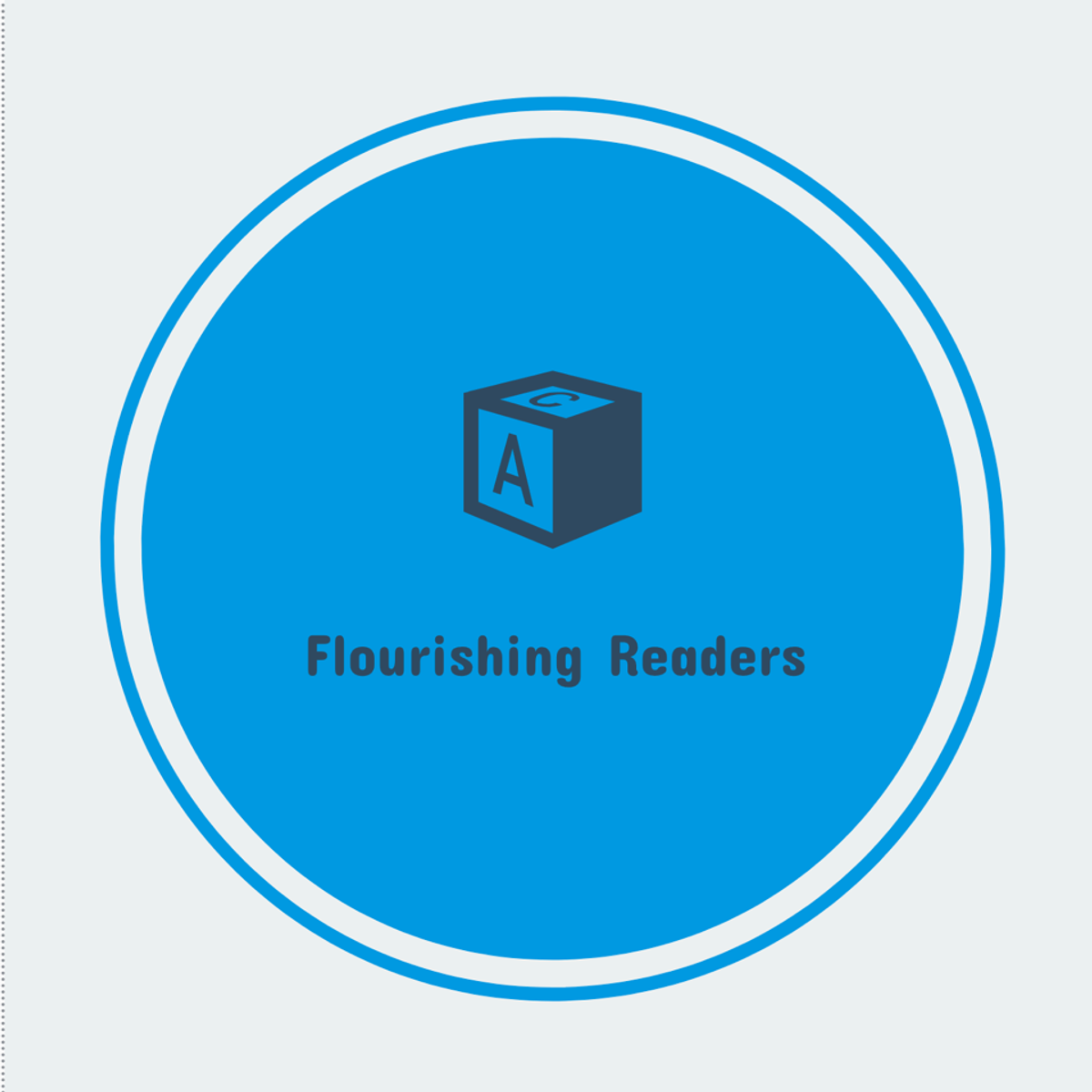Back to Courses









Social Sciences Courses - Page 47
Showing results 461-470 of 672

Introduction to Faecal Sludge Management
Do you want learn how to apply concepts of sustainable faecal sludge management (FSM) on a city-wide scale? This course starts with an overview of what faecal sludge is and an introduces you to the engineering fundamentals and required information for the design and selection of technologies. Sanitation solutions are prone to failure if an integrated planning approach that includes stakeholder involvement and the development of appropriate institutional, management and financial arrangements is not implemented. The course therefore dedicates a complete week to presenting the full picture, in addition to technology, that needs to be considered for sustainable solutions. It concludes with a focus on current research and innovations in technologies, to provide an understanding of the most up-to-date options.
This course is one of four in the series “Sanitation, Water and Solid Waste for Development".

Cloud Computing Law: Law Enforcement, Competition, & Tax
Have you ever wondered how a police officer in Europe can obtain evidence from a cloud provider in the USA? Or whether a major cloud provider might abuse its market power? Or in which countries cloud providers pay taxes? If so, then this course is for you!
First, we’ll look at how law enforcement agents can request access to cloud data, including data stored outside their borders. You’ll learn to advise cloud providers on responding to access requests and on dealing with potential conflicts with European Union (‘EU’) data protection law.
Second, we’ll cover EU competition law, including how to define the relevant market for cloud services and to assess market power. You’ll learn to identify when cloud providers might be found to have entered into anti-competitive agreements, or to have abused a dominant position in a market.
Third, we’ll look at how the income from cloud services is taxed. We’ll cover how such income is classified and which countries have the right to tax cloud providers. You’ll learn how tax principles apply to cloud services today, and how this might change in future.
In short, we’ll cover how the rules of law enforcement access, competition law, and tax law apply to cloud services – and you’ll discover the practical steps that cloud providers can take to comply with their obligations.

Increase Reading Comprehension with Actively Learn
By the end of this project, you will be ready to use Actively Learn to bring meaningful nonfiction texts to your class. Whether you teach elementary or secondary students, Actively Learn has Science, Social Studies, and more texts that align with what your students are learning. With Actively Learn, students build stamina and comprehension as they interact with each text. Teachers benefit from the evidence they gather as their students skills grow. Throughout each task, we will work together to learn how to use Actively Learn to help your students thrive.
*You will need a Google or Microsoft account in order to access Flipgrid. Sign up for free before starting our project and you’ll be good to go!

Genomics for Law
Genomics for Law provides a unique framework to review the history and basics of genomics research as well as explore how genomics has, and will continue to, interact with the law.
Throughout this course you will explore the implications of genomics research on law, as well as law's influence and implications on genomics research, as it pertains to the following topics:
• Genomics and Criminal Law
• Genomics and Criminal Procedure
• Forensic Genomics
• Intellectual Property Protection and Biotechnology
• Genomics and Tort Law
• Genomics and Privacy Law
• Legal and Ethical Issues in Genomics
This course can be taken to fulfill continuing legal education (CLE) credits for practicing lawyers. 10.25 hours have been approved in Illinois.

Electric Vehicles and Mobility
The purpose of Electric Vehicles and Mobility is to help you, whatever your profile, your training or your country, find your own answers to questions such as:
- Will electric vehicles be the last to be allowed in megalopolises in the 21st century?
- Does the environmental gain from vehicle electrification justify heavy investment in charging infrastructure?
- Are electric vehicles only for wealthy people in developed countries?
This course will allow you to acquire elements from engineering science, sociology, environmental science, political science, economics, management science, in order to evaluate, analyze and implement the diffusion of electric vehicles where their use is relevant.
This MOOC is the English version of Mobilités et véhicules électriques; in the lecture videos, the teachers speak in French, nevertheless their presentation is in English and English subtitles are available.
Groupe Renault and ParisTech schools have been working together for almost 15 years on topics related to sustainable mobility. Together, they created two Master programs (Transport and Sustainable Development in 2004, Mobility and Electric Vehicles in 2010) and the Sustainable Mobility Institute Renault-ParisTech in 2009, to support ongoing changes. Electric Vehicles and Mobility is the result of this shared history and was developed from a course delivered within the Master Mobility and Electric Vehicles, led by Arts et Métiers ParisTech in partnership with Ensta ParisTech, Mines ParisTech and École des Ponts ParisTech.

Capstone Project: Teaching Impacts of Technology
In this project-based course you’ll review the Advanced Placement Computer Science Principles course and exam description guide to prepare for the “Explore Task”, where students must research a recent computing innovation and and analyze its impacts on the world. You’ll also review the description of this task from the student perspective and complete the task yourself. Then you’ll assess sample secondary student work by following the APCSP scoring guidelines as well as provide feedback to a fellow learner on their submitted task and receive the same from fellow learners.
This course is part of a larger Specialization, in which the first five courses focus on teaching impacts of computing concepts and the technology and computing concepts that make them possible, preparing you to teach pre-college learners to be both savvy and effective participants in their digital worlds. While this course and project can be completed without taking the other courses, the bulk of new knowledge is taught there. Additionally, throughout the courses you’ll reflect on your learning experience from both the perspective of the student and the educator, helping you become a more reflective teacher and develop an understanding of how instruction and activities can be designed to support learning.
Note, if your goal is to receive graduate credit from the University of California, San Diego, you need to to make that decision before you complete this course. Please see the FAQ “Will I earn university credit for completing this course?” for details on how to receive that credit.
In terms of CSTA K-12 computer science standards, throughout the Specialization we primarily cover learning objectives within the “impacts of computing” concept, while also including some within the “networks and the Internet” concepts and the “data and analysis” concept. Practices we cover include “fostering and inclusive computing culture”, “recognizing and defining computational problems”, and “communicating about computing”.

Make a Table of Contents, Footnotes, and more with Word
By the end of this project, you will be able to create an automatic table of contents using Microsoft Word. You will learn to insert and use: page numbers, footnotes, endnotes, and comments. In addition, you will utilize a unique feature to translate your document and to track changes for editing purposes. This guided project will teach you step by step on how to make good use of all these tools to make exceptional word documents.

Social and Economic Networks: Models and Analysis
Learn how to model social and economic networks and their impact on human behavior. How do networks form, why do they exhibit certain patterns, and how does their structure impact diffusion, learning, and other behaviors? We will bring together models and techniques from economics, sociology, math, physics, statistics and computer science to answer these questions.
The course begins with some empirical background on social and economic networks, and an overview of concepts used to describe and measure networks. Next, we will cover a set of models of how networks form, including random network models as well as strategic formation models, and some hybrids. We will then discuss a series of models of how networks impact behavior, including contagion, diffusion, learning, and peer influences.
You can find a more detailed syllabus here: http://web.stanford.edu/~jacksonm/Networks-Online-Syllabus.pdf
You can find a short introductory videao here: http://web.stanford.edu/~jacksonm/Intro_Networks.mp4

Mediation Analysis with R
In this project, you will learn to perform mediation analysis in RStudio. The project explains the theoretical concepts of mediation and illustrates the process with sample stress detection data. It covers the distinction between mediation and moderation process, explains the selection criteria for a suitable mediator. The project describes the mediation process with statistical models, diagnostic measures and conceptual diagram.

Art & Inquiry: Museum Teaching Strategies For Your Classroom
Explore how to integrate works of art into your classroom with inquiry-based teaching methods originally developed for in-gallery museum education.
Popular Internships and Jobs by Categories
Find Jobs & Internships
Browse
© 2024 BoostGrad | All rights reserved